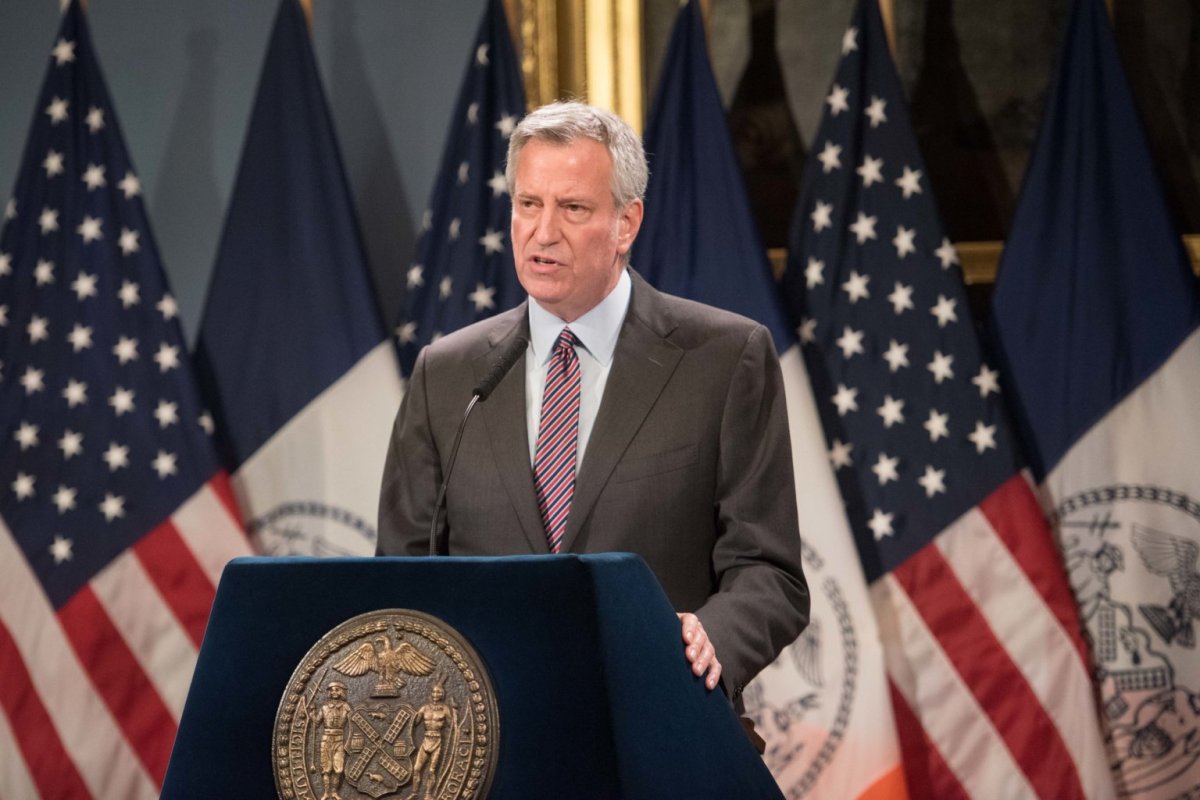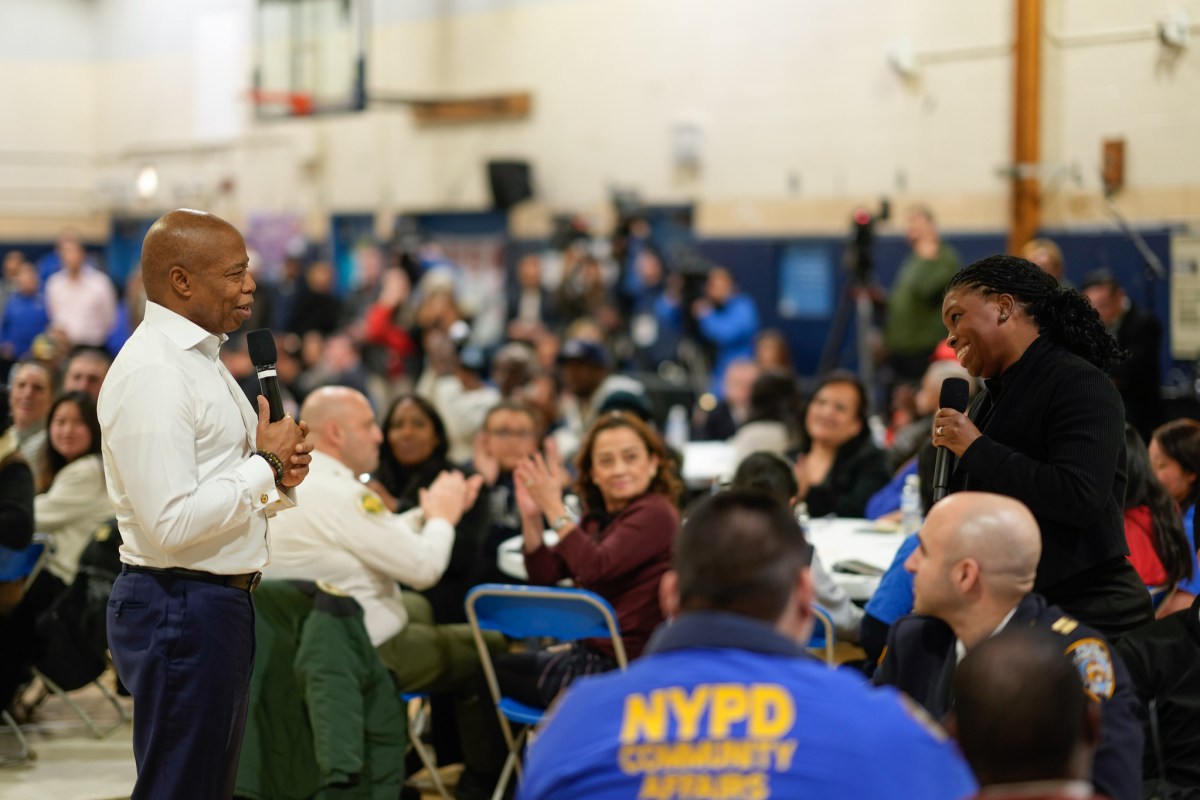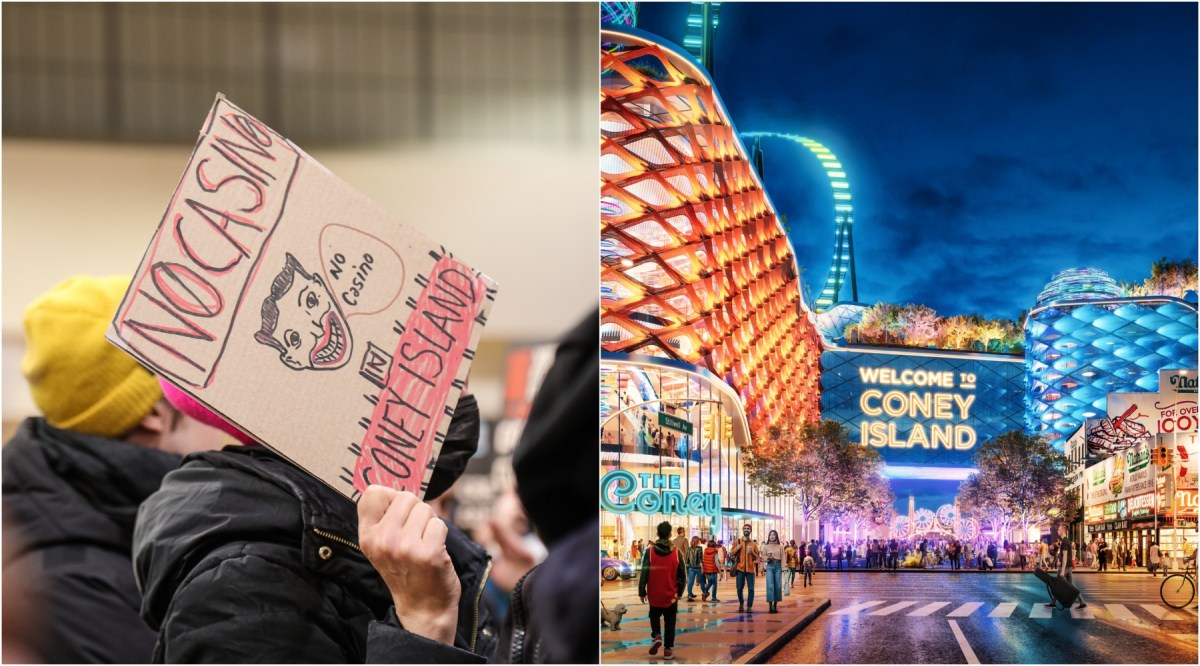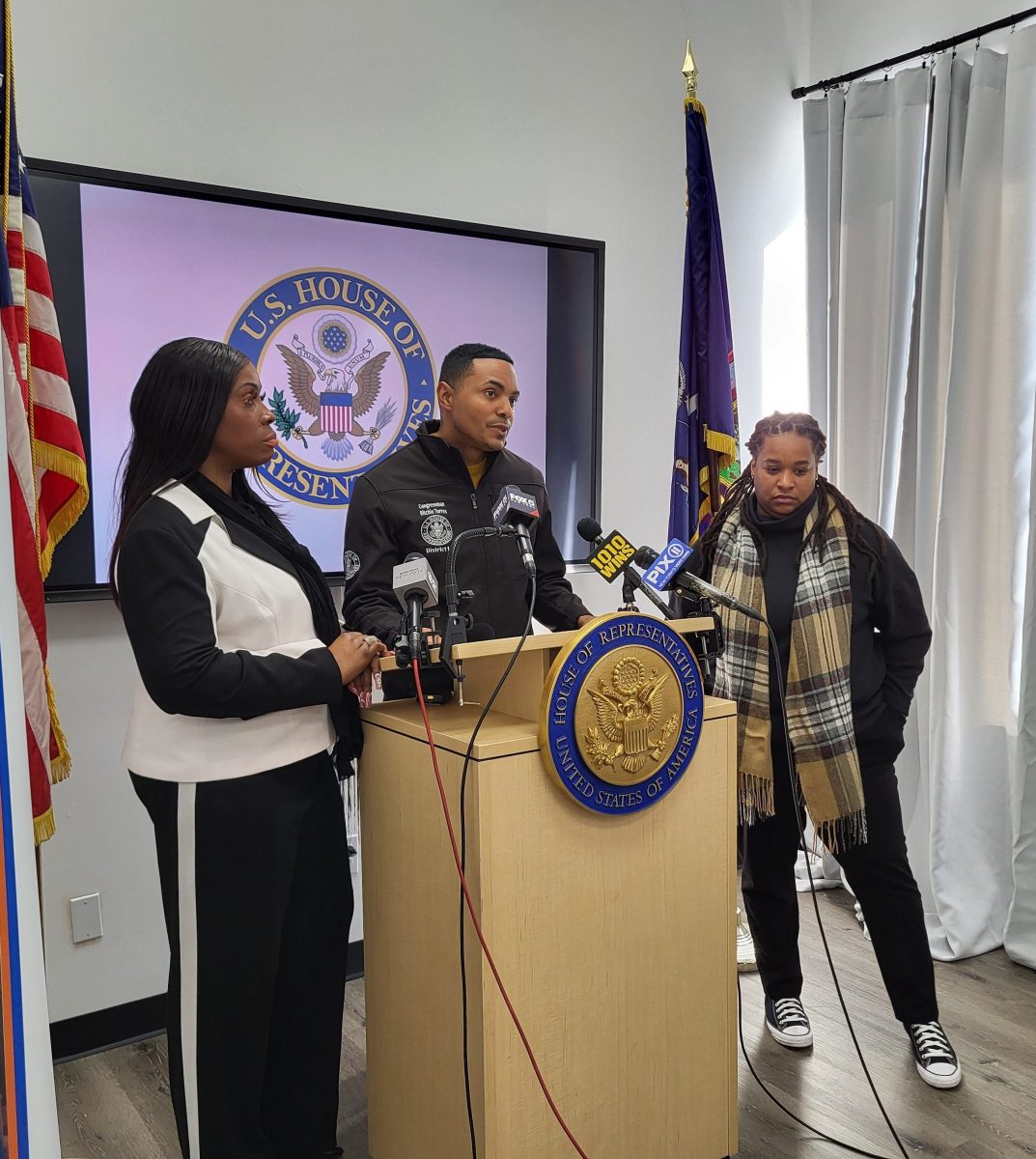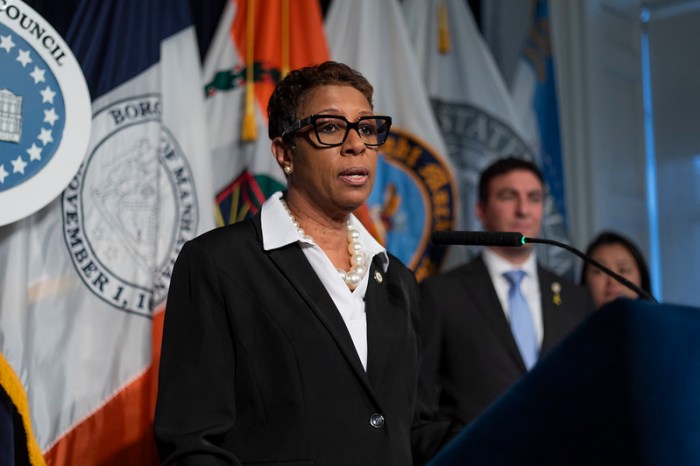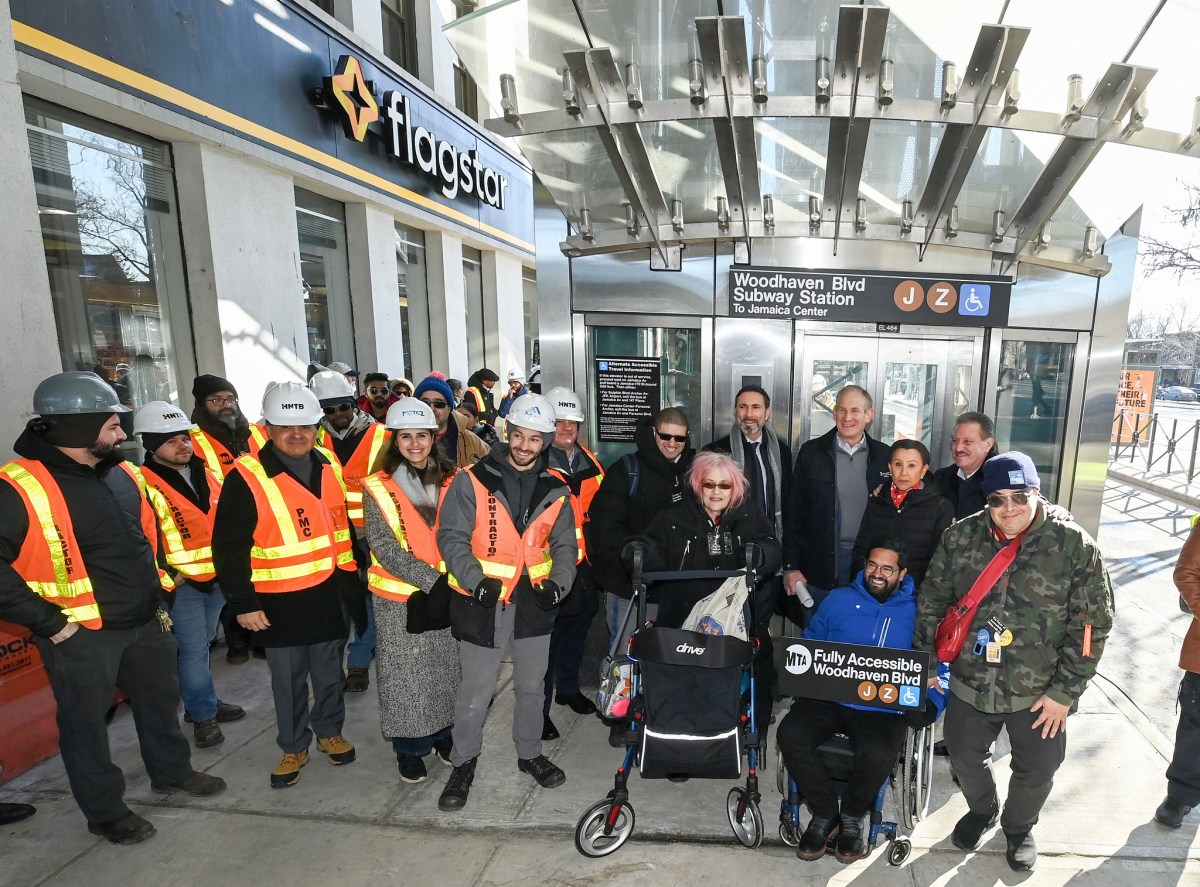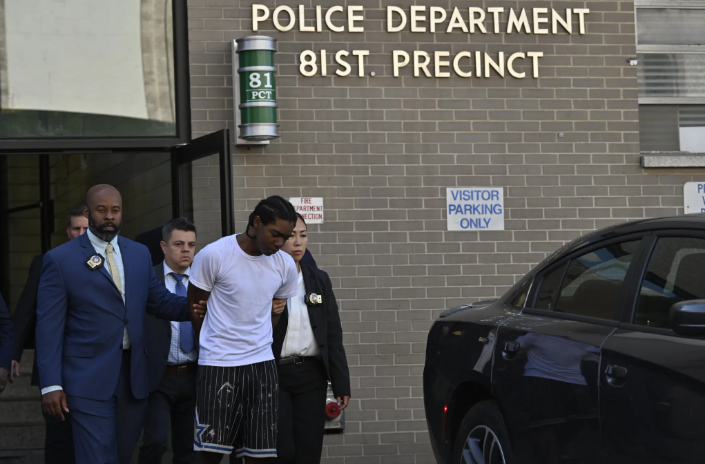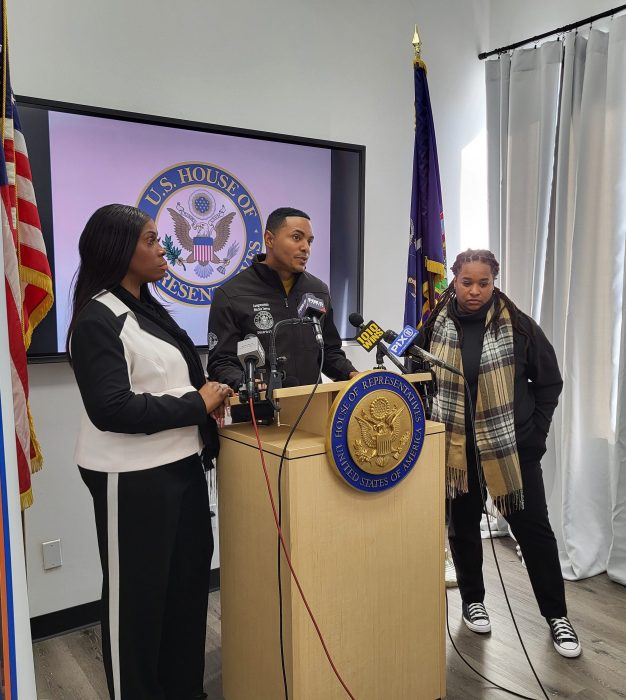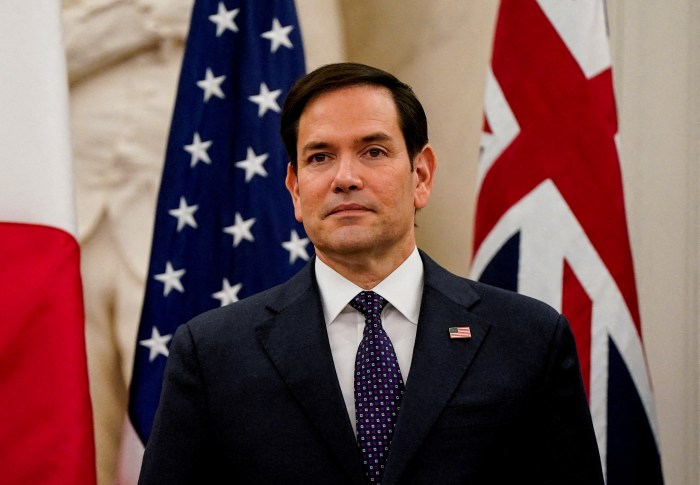Mayor Bill de Blasio offered a vague explanation of his views regarding the decriminalization of sex work during a press conference with reporters on Sept. 2.
De Blasio delved into the topic after answering a question from Rosa Goldensohn of The City regarding the case of Layleen Xtravaganza Cubilette-Polanco, a transgender woman who died of seizures caused by epilepsy in solitary confinement at Rikers last year while being held in part on sex work-related charges. De Blasio started off by saying that Polanco, whose family’s lawsuit yielded a $5.9 million settlement from the city, should not have been in jail or solitary confinement.
The mayor then segued into comments about how police should treat sex workers and even admitted that his response lacked specifics, saying that his “broad answer” to the question of whether sex workers should be arrested “is no.”
“The people who are organizing and profiting from that sex work are the people who should be arrested,” he said, apparently not taking into consideration sex workers who profit from their own independent work. “The people are exploiting those women and, in many cases, men, anybody, anyone who’s exploiting folks who do sex work, those are the people we should be arresting. So, we’ll continue to look at the NYPD’s protocols, but I think we have to really go after the true criminals here.”
He later added that “the focus is on those who profit from sex work, not those who do the sex work.”
It was not clear whether de Blasio was referring to traffickers, buyers, or others when he said people “organizing and profiting” from sex work and that those who “are exploiting” individuals should be arrested.
When Gay City News asked the mayor’s press office for clarification, a spokesperson only pointed back to the mayor’s original comments.
The lack of clarity on his stance comes at a time when sex work decriminalization advocates have continued to warn against conflating consensual sex work with trafficking. Advocates have stressed that reducing criminalization will allow sex workers to more safely carry out their work and make it easier to address trafficking since sex workers can feel more comfortable reporting it without fear of legal repercussions.
Nonetheless, the mayor did not voice support for the comprehensive decriminalization of sex work.
The mayor’s lack of specificity leaves many questions about his position on sex work decriminalization, but his views appear more aligned with the Nordic Model, which only calls for decriminalization for sex workers, not buyers or those who facilitate sex work.
The Nordic Model has been blasted by numerous sex work advocates who stress that the approach provides barriers to their work and still puts them at risk of getting swept up in the criminal justice system because their clients or associates would still be targeted by law enforcement. Those who assist sex workers with their work run the risk of getting penalized for something as simple as driving a sex worker to an appointment or opening up space in their homes or in buildings they own for workers.
Furthermore, sex workers often get pushed underground while law enforcement officers continue to criminalize parts of the sex trade, even when authorities are not directly pursuing sex workers. Federal laws like FOSTA/ SESTA, which prompted the shuttering of several online platforms because that statute holds sites liable for the behavior of individuals using their pages, have also contributed to the vulnerability of sex workers who have lost safer online spaces to screen clients.
Brooklyn Defender Services, an organization of public defenders, expressed hope that de Blasio follows through on his comments about ending arrests of sex workers, but noted that “we must dispel the other myths that NYPD focuses on traffickers, which is belied by arrest data, and that criminalization keeps people safe.”
The group went on to say that “real change” would only occur when sex work is fully decriminalized and the NYPD’s Vice Squad, which has drawn significant criticism for aggressive policing of sex workers, is fully disbanded.
“The mayor apparently supports the Nordic Model, which decriminalizes the sale of sexual services while continuing to criminalize the promotion and purchase of services,” Brooklyn Defenders said in a written statement. “However, our experience shows law enforcement’s distinction between people who engage in sex work and people who organize and profit from — or ‘promote’ — it is a false binary, as the same people are arrested for either charge. The people who organize sex work are often sex workers. Moreover, the Nordic Model stigmatizes and criminalizes many parts of the sex work industry and continues to put people who engage in sex work at grave risk.”
De Blasio’s comments come in the midst of a state legislative push to repeal a loitering law that disproportionately targets transgender women of color for wearing certain clothing or walking down the street. The bill, sponsored in the upper house by out gay State Senator Brad Hoylman of Manhattan and in the Assembly by Amy Paulin of Westchester County, has continued to gain co-sponsors over the summer — even among Republicans.
In 2017, de Blasio spoke out against any sort of decriminalization, telling reporters that he was “not there for a variety of reasons,” even as he acknowledged that “it’s been something of a profound challenge that has not been solved with traditional policing.”
This story first appeared on our sister publication gaycitynews.com.



